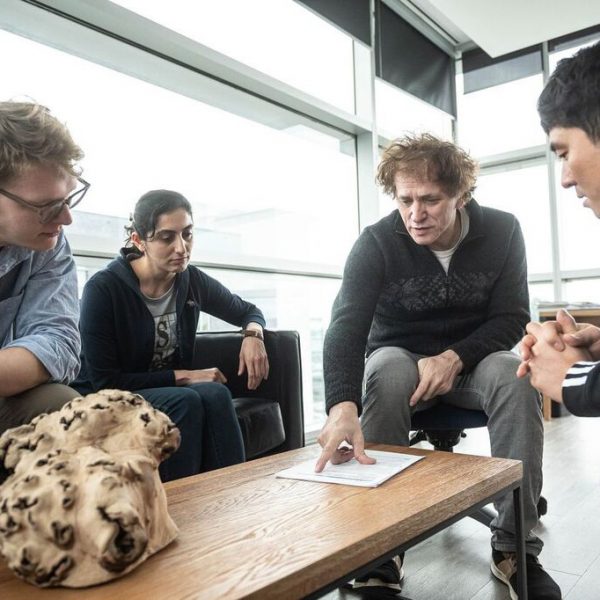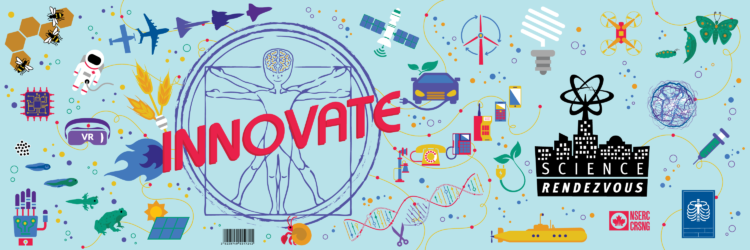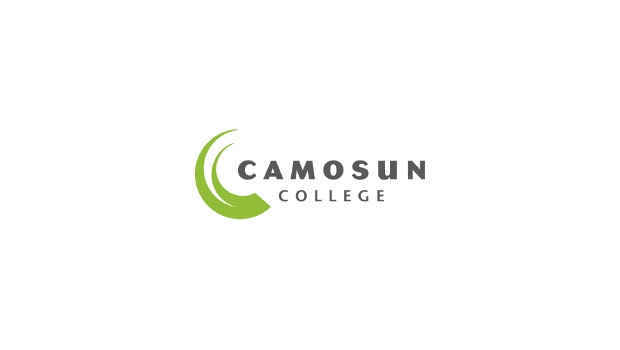He was among the first to show the connection between SARS and a protein found at the surface of cells, known as ACE2. Now Dr Josef Penninger is using this connection to develop a trial drug that can potentially block SARS-CoV-2 from entering the cell.
Iconic of coronaviruses are the many spikes covering their surfaces, which are instrumental to the first stage of infection. When the virus responsible for COVID-19 encounters a cell and ACE2 found on its surface, the protein spikes grasp onto ACE2. Not only does this binding interaction initiate the entry of the virus into the cell, it also removes ACE2 from the cell’s surface.
But ACE2 is more than just a door – its purpose is to maintain blood pressure, protect the heart and kidney and shield the lungs from inflammation processes, which actually damage tissues. This may account for the severity of SARS and now COVID-19. Earlier research suggested that ACE2 could protect SARS-infected mice from lung failure, and two academic studies showed similar effects for animals with other illnesses.
Together with colleagues at the University of Toronto, Dr. Josef Penninger at the University of British Columbia has engineered a molecule that looks like ACE2 but floats freely around in the body. This decoy ACE2, a drug called APN01 or hrsACE2, tricks the virus into binding with it instead of ACE2, and thus leaves cells uninfected. Penninger explains, “We are blocking the door for the virus and, at the same time, protecting tissues.”
APN01 had already been developed as a SARS drug and tested on 89 healthy human subjects, which accelerated the trial process. In cells grown in a dish, APN01 blocked the infection by a factor of 1000 to 5000 times. Apeiron Biologics, a Vienna-based biotechnology company founded by Penninger, started the second phase of clinical trials with COVID-19 patients at 10 sites in Austria, Denmark and Germany in early April. The patients are those who are in the later stages of COVID-19, when the virus is spreading from the lung into other tissues. Hopefully the drug will lure the virus away to prevent it from reaching the other tissues.The trial will mainly assess the efficacy and safety of APN01 in these patients based on criteria such as the need for invasive ventilation. The team will also evaluate any biological changes following the treatment.
An influential partner in this drug is Vancouver-based STEMCELL Technologies, whose cutting-edge products are being used by over 30 COVID-19 studies around the world to accelerate discoveries. They are a global expert in culturing human organoids, three-dimensional clusters of cells that have similar biology of human organs. “Human organoids enable us to better understand the pathology of this disease and to rapidly reach a therapeutic breakthrough,” says Penninger. Nuria Montserrat, professor at the Institute for Bioengineering of Catalonia in Spain and another collaborator in this project adds, “Using organoids allows us to test in a very agile way treatments that are already being used for other diseases, or that are close to being validated. In these moments in which time is short, human organoids save the time that we would spend to test a new drug in the human setting.” These replicas of human blood vessels and kidneys from Dr. Ryan Condor’s gastrointestinal group at STEMCELL Technologies have shown that the virus can infect and duplicate there, and that APN01 reduces infection of SARS-CoV-2.
The research, supported in part by the Canadian government’s emergency COVID-19 funding, also involved Drs. Haibo Zhang and Art Slutsky at the University of Toronto & St Michael’s Hospital, and Ali Mirazimi’s infectious biology team at Karolinska Institutet in Sweden.


































